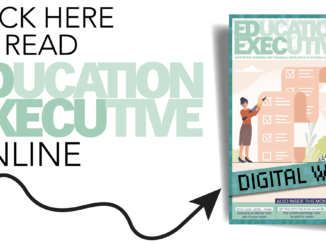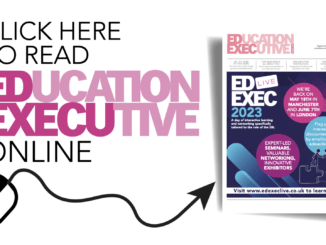
Looking back at when you began your SBM journey, what did you think of the role? How did you expect it to evolve? Has it followed the path you believed it would? Kieren Done, SBM at St Ambrose College, is new to the role – here, he reflects on his own expectations, as well as the realities, of SBM life
Becoming a school business manager is not for the faint of heart. It is a unique role, requiring a unique skill set, working in a unique environment – but we wouldn’t still be here if it was any different. I began life as a teacher – yes, I worked on ‘the other side’; I loved the job when it went well but, long-term, I knew it wasn’t for me. I went to work in the regulation sector and then moved into the NHS as a senior business manager for a large NHS trust. It was great managing a huge budget and a large number of staff, but I really missed working in education so I decided to move to a local authority secondary school.
I thought that being a business manager in a school would be the same as being a business manager in the NHS – how naïve I was! In the NHS, I drew on corporate specialist teams for support; the finance team, the HR team, estates, ICT, information governance, strategy, communications – you name it, everything was covered by a central team. I was surprised, therefore, to find that all those corporate functions would now undertaken by one person – me!
It was a steep learning curve. Luckily, my amazing headteacher was quite forward-thinking and she knew how vital the SBM role was. We shared an office and the two of us worked side-by-side to make sure the school ran smoothly – but this goes to an issue at the heart of the SBM role; is it realistic to expect one person to have direct responsibility for such wide-ranging, and sometimes conflicting, specialisms? How can that person be supported if no-one else in the school truly understands those specialisms?
My current school is a secondary academy. My job title is the same but the things I do day-to-day are so different. This is another key issue – how do we achieve broad appeal, and attract people into the profession, if there are inconsistencies in what the job actually is? The ISBL professional standards will help, but the inconsistencies cut to the core – some SBMs are SLT, some do not attend SLT; some SBMs are paid appropriately, some aren’t.
The best thing about being a SBM is feeling like I make a difference. I successfully applied for grants which gave students some unique opportunities; I helped them through difficult times and I saw them grow over the course of a year (in return, they saw me speak nervously as I delivered an assembly). I feel that I can impact young people’s lives, whilst also undertaking an exciting business role. Not many people can say that.
My long-term my ambition is to be CFO of a MAT. I’m studying for an accountancy qualification and getting some really good CPD. I chose to be an SBM and I want to be a CFO.
Perhaps that is key for the profession – making sure that people choose to join it, are developed, ambitious and successful.




Be the first to comment